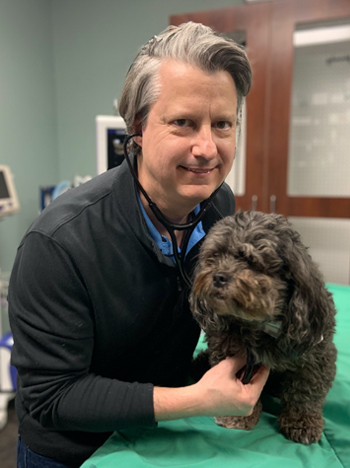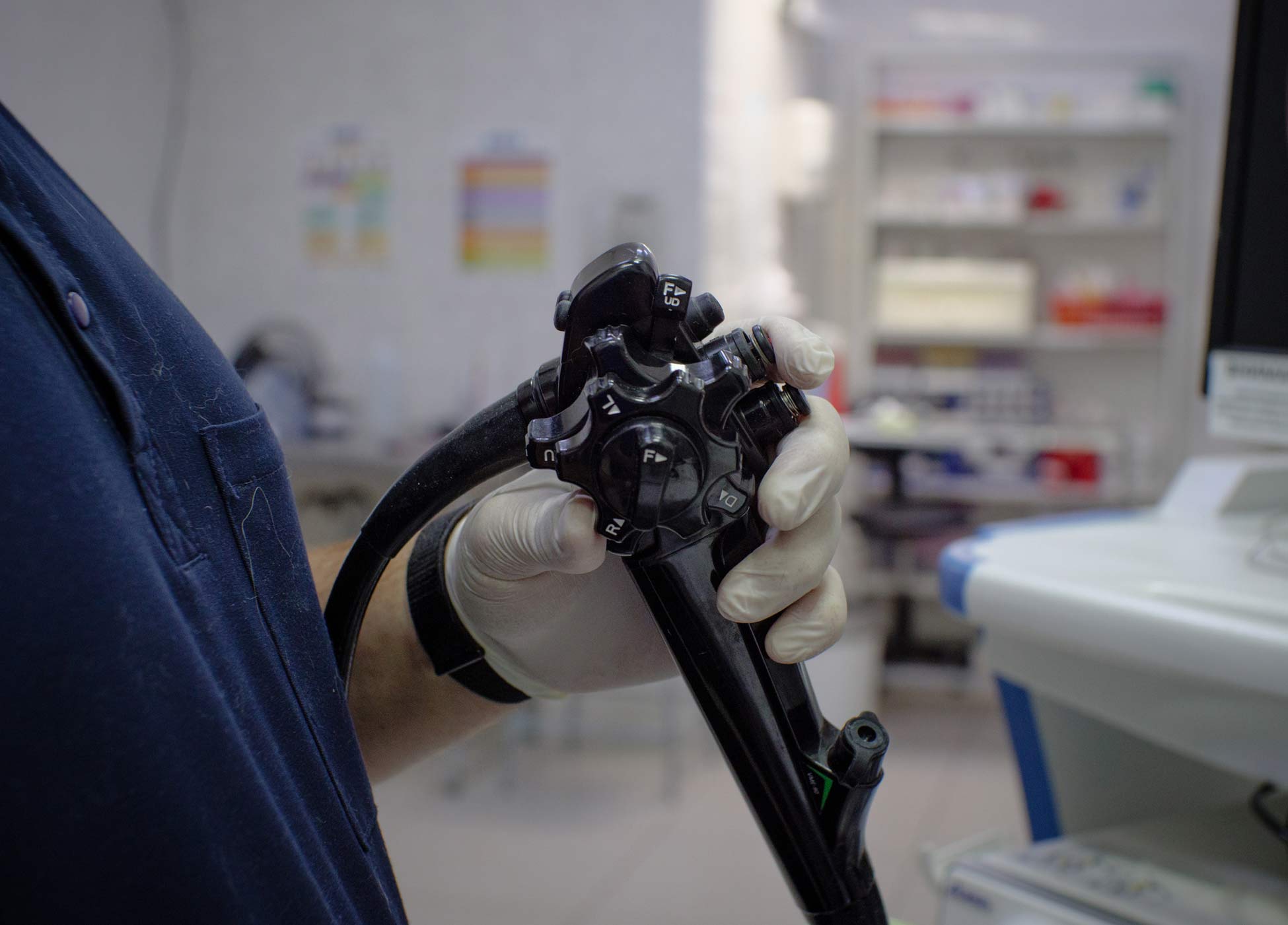What to Expect as a Savannah Veterinary Internal Medicine Client
We treat you & your pet with compassion every step of the way.
We believe that a well-informed pet parent is the best kind of client. That’s why we strive to communicate with you openly and honestly and with respect and compassion, every step of the way. We know that a new or complicated diagnosis can be scary, so we do everything in our power to make you and your pet comfortable and keep you informed.
All of our appointments start with an in-person consultation with a veterinary specialist before making testing or treatment recommendations. During this time, we will listen to your concerns and address anything you may be worried about. Understanding your pet’s health problems from your perspective goes a long way–you are the one who knows them best, after all.
Your involvement in the treatment process does not stop there. You will be able to approve any recommended testing and treatments before they begin. And after your appointment, you will have access to our specialists for recheck visits, and by email and telephone.
Before your visit:
- Please have your primary care veterinarian fax or email us copies of your pet’s medical records in advance of your appointment.
- Also, please obtain copies of X-rays and other test results as appropriate.
On the day of your visit:
- Please don’t feed your pet for 12 hours before your appointment. However, some diabetic patients, puppies/kittens or toy breeds shouldn’t have food withheld, so if this applies to your pet, give us a call if you have questions.
- Give your pet any morning medications they normally take with a very small amount of food.
- Always make sure your pet has access to water.
- Please bring the bottles of all medications your pet is currently taking or has recently finished. If you can’t bring the actual bottles, please write down the label information or take pictures of the medications.
- If your pet has been referred to us for a kidney or bladder problem, please don’t let your pet urinate for 2 hours before your appointment. For most urinary conditions, it’s important that your pet be examined with a full bladder.
- Please plan to arrive at your appointment 15 minutes early to complete patient registration and permission forms; to save time, you may fill these forms out in advance and email them to us, or simply bring them to your appointment..
In the exam room:
- Prior to your initial consultation with Dr. Woods, a veterinary technician will meet with you and discuss your pet’s symptoms and recent treatments, obtain your pet’s vital signs (temperature, heart and breathing rate, body weight), and relate this information to the doctor.
- Dr. Woods will then meet with you, review your pet’s health concerns, and make further testing recommendations. You can remain with your pet during as much of the testing as possible (but not during CT or X-ray exams involving radiation exposure or during procedures requiring anesthesia).
- Based on diagnostic test results, Dr. Woods will formulate a comprehensive treatment plan that may include both in-hospital and at-home treatments. This will include a follow-up plan with treatment goals and any necessary additional visits to monitor your pet’s progress.
- You’ll be given all the time you need to fully understand the recommended treatment plan and related costs. We encourage you to ask questions!
After your initial visit, we’re always just a phone call or email away if you have any additional questions.
Client Testimonials
We have proudly served clients and their pets in Savannah and
surrounding communities for 10 years. See what our clients have to say.
Schedule a
Consultation Today
If your pet has received an internal medicine-related diagnosis or is struggling with chronic or complex health issues, please contact us to schedule an appointment.





